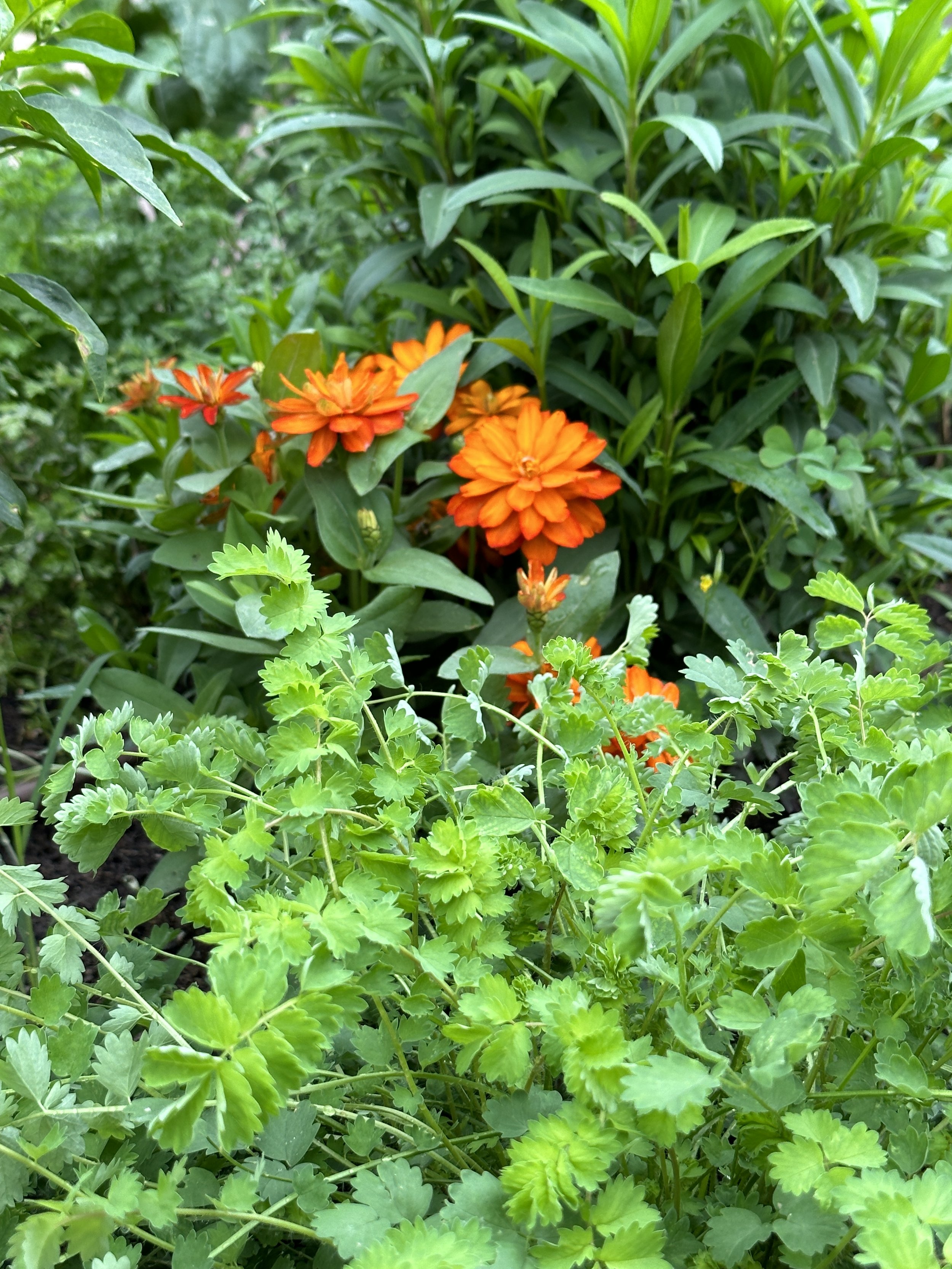Incorporating Plants into your Kitchen Garden
Once you have your garden set up, deciding which plants to add can be overwhelming. It's natural to wonder what to plant first, which plants will grow taller, which ones need more space, and which ones can grow well together. While experimentation is an important part of learning about nature, having the guidance of someone who knows the ropes can save you time and frustration. By having someone who has already gone through the trial and error process, you can learn about your garden's ecosystem while receiving extra support. This will help you grow a flourishing garden with confidence.
The Benefits of Plant Diversity for a Lush Landscape
By incorporating a wide variety of plant species into your garden, you can achieve not only a beautiful and colorful landscape but also boost its resilience. Plant diversity can help prevent vulnerability to pests and disease outbreaks, making your garden healthier overall. Additionally, it attracts a range of beneficial insects and wildlife that can support the soil, plants, and surrounding environment. For example, planting fruit-producing crops next to bushy culinary herbs and bright blooming flowers can add diversity and depth to your garden. A little bit of everything in your garden can provide a full and rewarding experience.
Planting Strategy
Why is it important to have a planting strategy? Simply put, it's the key to a successful garden. A strategy helps you choose plants that are right for your growing conditions and arrange them to make the most of space, sunlight, and water. Crop rotation, companion planting, and succession planting are all important considerations to ensure a healthy and productive garden throughout the season. By developing a solid planting strategy, you'll not only have a full and beautiful garden, but also one that yields an abundance of crops for you to enjoy.



